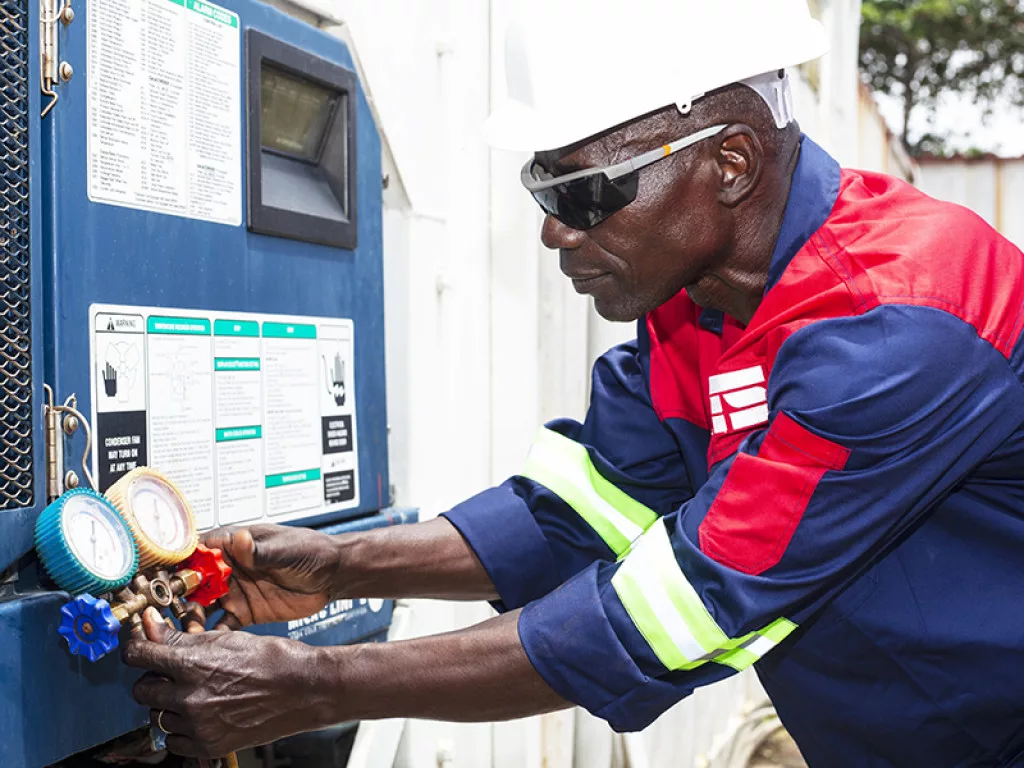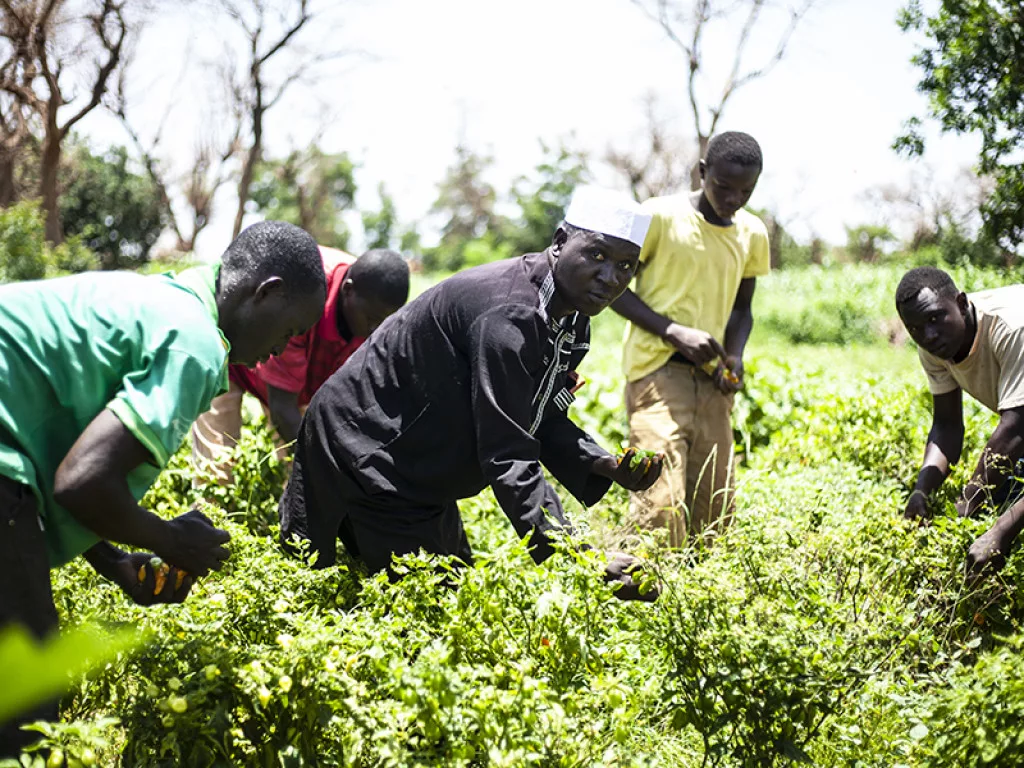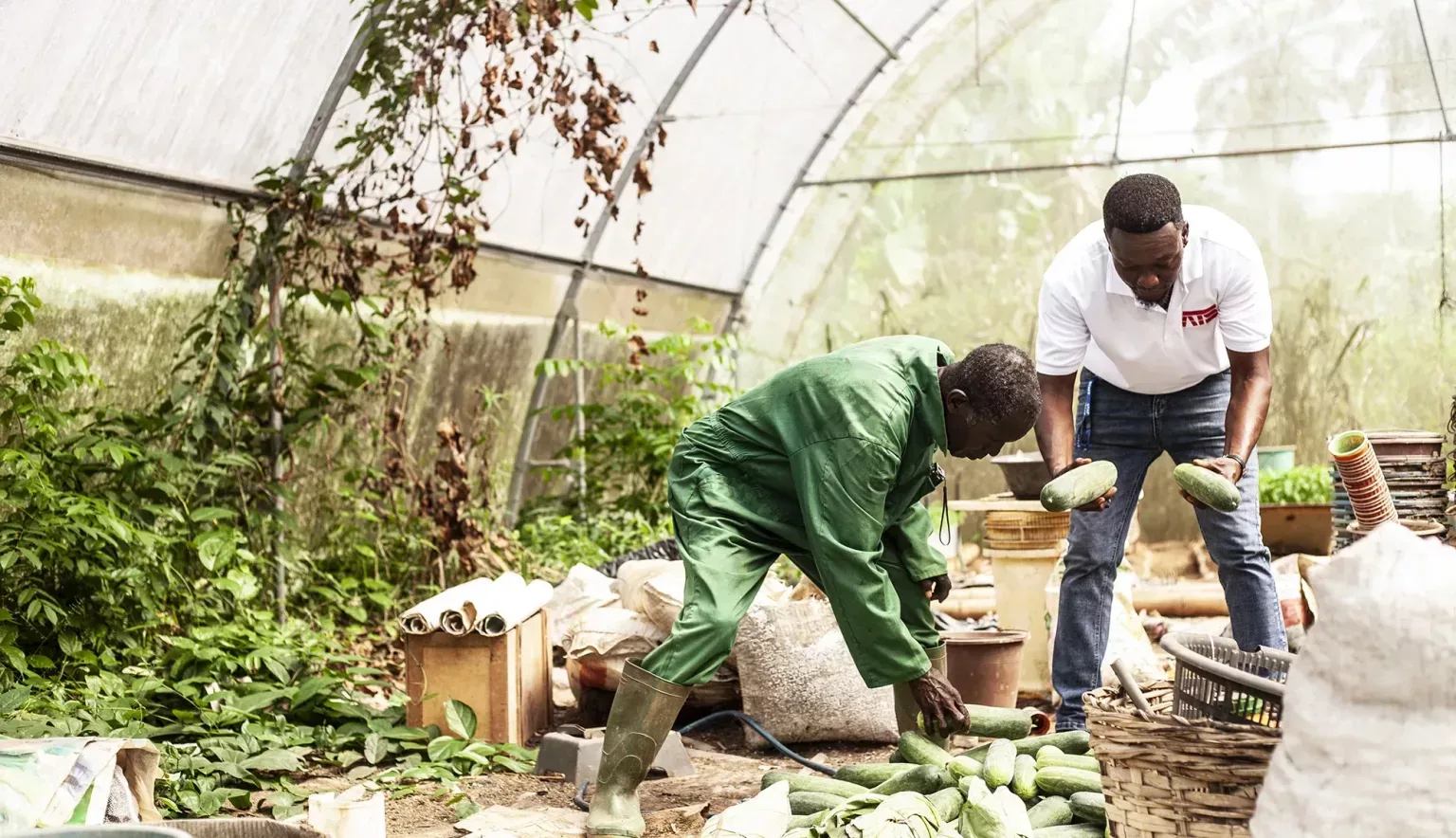Allterrain Services Group (ATS) provides specialist facility and hospitality services to remote sites in Africa, taking on the most logistically difficult projects in the continent’s remotest corners.
INTRODUCTION
The African continent holds 30 percent of the world’s mineral reserves, including diamonds, gold and uranium, alongside significant oil and gas reserves. Before a mine is established, companies must prospect for mineral deposits and then conduct a preliminary exploration study.
All this requires temporary infrastructure – accommodation, washing facilities and catering for employees – which has to be set up and later disassembled. For many mining companies this can be problematic, as many exploration sites are in remote locations, near geographical borders or up non-existent roads.
Enter Allterrain Services Group, or ATS, which was initially founded in Ghana to provide specialist camp management services that includes camp management, catering, maintenance, cleaning, groundskeeping, gardening and landscaping, energy optimisation, security services, supply chain solutions, logistics and facility designs to exploration camps around West Africa and the Democratic Republic of Congo.
From the beginning, it took on the most logistically difficult projects, expanding into a vast pan-African operation as the mining industry developed across the continent. It now has a diverse, highly-qualified international workforce of over 3,500 employees.
“We have worked in the most remote locations in Africa and have overcome every obstacle the continent can muster,” proclaims Kobus Engelbrecht, Group Operations Executive.
Engelbrecht, who has a career background in hospitality management, had always been interested in working in remote site operations. He began his career with ATS as Senior Accommodation Manager in August 2011, and rapidly rose through the ranks until he became Group Operations Executive in 2018.

GLOBAL STANDARDS, LOCAL EMPOWERMENT
And for Engelbrecht, one of the key factors differentiating ATS Group from the competition is the nurturing relationships it cultivates with its clients.
“ATS is client focused and not only profit driven,” he says. “We understand the challenges our clients face at times due to market conditions and recently during the COVID epidemic; we want to be business partners and support the sustainability of our employees. To do this we need to quickly adapt to change and provide the support needed by our clients.”
Another of ATS’s distinguishing factors, according to Engelbrecht, is the company’s simultaneous curation of local expertise and global standards.
“The key is to understand the local market and the diversity of cultures to sustain business and enable growth within the communities we operate in,” he explains. “We believe in constant training and development of the local foundations that provide raw materials to us, through the constant focus on development it allows us to still provide a global standard service across our business.
“Monitoring our standards and processes, we provide global service offering to our clients and uplift our employees. We understand that our biggest asset in our business is our employees and the support from the local suppliers and communities.”
Suppliers play an important role in the company’s business activity, particularly on the catering side, as it is reliant on a continuous supply of fresh food.
ATS has a base of around 500 active local suppliers, ranging from SMEs to larger companies. All suppliers are formally contracted, and must conform to high standards concerning operations and legislation. The company keeps track of suppliers through a strategically orientated centralised function supporting all divisions to manage sourcing and procurement.
“Our suppliers sit at the most crucial part of the value chain and our commitment to build strong relationships has been key to our success,” Engelbrecht says.
ATS wants to give something back to its suppliers, which it does through business development initiatives as part of its Legacy Program, the embodiment of its Environmental and Social Governance (ESG) objectives.
The Legacy Program uses a participatory approach to harness the potential of a community by integrating it into the ATS value chain. Its main focuses are consumables, services market support, agriculture, social support and integration, training and development, and agriculture. The method is mutually beneficial: communities benefit from social and economic upliftment; ATS benefits from a network of local suppliers; and it is also good for the environment, as working with local businesses results in a much lower carbon footprint.
“The program is central to our quest for equitable, inclusive and sustainable growth and development,” the Operations Executive says. “We focus on activities that yield maximum social impact and that result in powerful transformations and opportunities for growth and innovation.”
The scale of support provided is unprecedented – over the past decade ATS has invested more than $120 million into the communities it operates in.
In the last quarter alone, its legacy project spent over $6.3 million domestically. At its Alphamin Bisie Project site it provided a six month kitchen internship for community youth. Not only does the comprehensive training allow trainees to improve their food preparation skills; it also places them in a talent pool for future vacancies.
It also launched a full scale menstrual hygiene management programme for Kiasa Secondary School students. It partnered with Bridge for Children’s Hope (BCH), Try-link and Happy Messiah Foundation for the development and launch of the Menstrual Hygiene Education Booklet, an education awareness programme and donation of reusable menstrual materials.
This is only the tip of the iceberg. From providing funds to help female orphans to donating thousands of seeds and seedlings to its various community agriculture projects, ATS’s support for local communities is profound, long term and far ranging.

LOOKING AHEAD
Despite the difficult year the company has had thanks to COVID-19, Engelbrecht believes that its relationships with its clients have strengthened during these troubling times.
And over the upcoming year, ATS will continue to focus on an important goal: to become the largest remote site and facilities management company in Africa.
The Operations Executive concludes the conversation on an optimistic note, suggesting he is looking forward to the months ahead.
“We want to continue providing high quality service in challenges environments and in difficult circumstances,” he says. “As our clients grow and expand jurisdictions, we are often pulled into new markets and opportunities.”
































